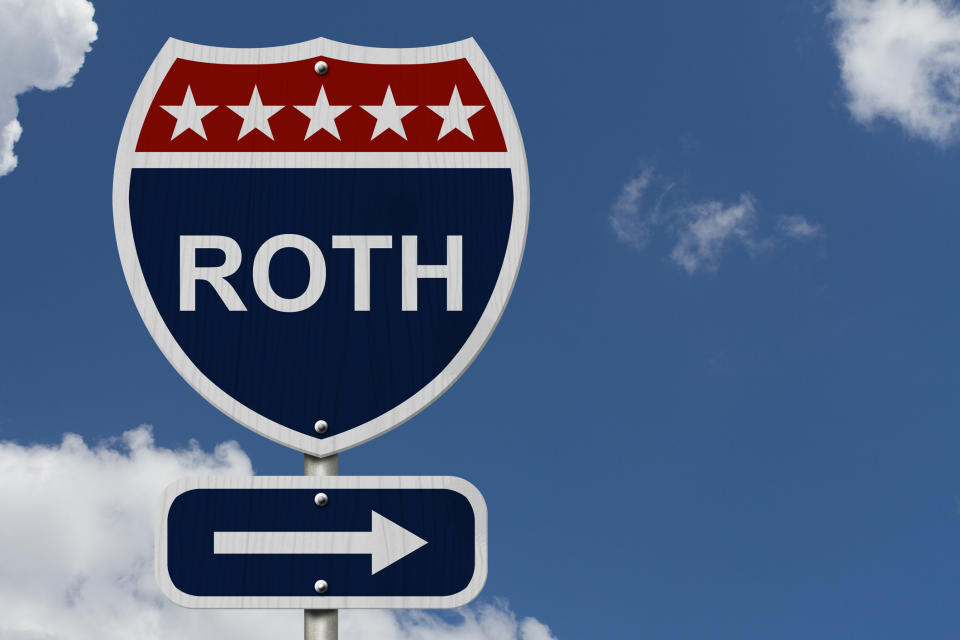89% of Workers Are Missing Out on This Major Retirement Savings Opportunity
Because Social Security doesn't provide enough income to sustain seniors by itself, workers today need to make an effort to save for retirement independently, and a good way to do so is through employer-sponsored 401(k) plans. These days, 401(k)s come with generous annual contribution limits -- $19,000 for workers under 50, and $25,000 for those 50 and over.
Unfortunately, most people with 401(k)s aren't taking advantage of one key feature: the Roth savings option.
The Roth savings component wasn't always widely available among 401(k)s, but today, an estimated 70% of companies offer it. Yet only 11% of workers save in a Roth 401(k), despite the many benefits it offers. If you've yet to put money into a Roth 401(k), it pays to rethink that decision -- especially if you want more financial flexibility later in life.

IMAGE SOURCE: GETTY IMAGES.
Why save in a Roth 401(k)?
When you put money into a traditional 401(k), your contributions go in on a tax-free basis, which means you snag an immediate tax break for funding your retirement plan. However, when the time comes to take withdrawals in retirement, those distributions are taxed as ordinary income.
Roth 401(k)s work the opposite way. You don't get a tax break on the money you put in, but once funded, your account gets to grow on a tax-free basis, which means you don't face taxes on your investment gains. And when you're ready to take withdrawals in retirement, they're yours free and clear of taxes. That could give you a lot more financial wiggle room later in life, especially when you're limited to a fixed income.
Furthermore, unlike Roth IRAs, Roth 401(k)s don't prohibit higher earners from making contributions. You can earn as much as you're able to, and the Roth 401(k) will still be on the table.
It pays to consider a Roth 401(k) if you expect to be in a higher tax bracket in retirement than you are at present. Generally speaking, if you're on the young side and your earnings haven't come close to peaking, a Roth 401(k) makes sense.
Keep in mind that both traditional and Roth 401(k)s impose required minimum distributions, or RMDs, once you turn 70 1/2. At that point, you're forced to withdraw a portion of your account balance each year or risk paying a whopping 50% penalty on that sum to the IRS. With a traditional 401(k), your RMD automatically increases your tax liability, even though you're not choosing to take out that money so much as being forced to. But with a Roth 401(k), that mandatory withdrawal won't add to your tax bill.
That said, you don't need to put all of your money into a Roth 401(k). Rather, you can divvy your savings up between a traditional 401(k) and a Roth to reap some up-front tax savings, but also get the benefit of withdrawing part of your savings tax-free down the line.
In fact, the beauty of the Roth 401(k) is that it buys you more peace of mind during retirement by eliminating any sort of tax impact for taking withdrawals. Even if you expect your tax bracket to be the same later in life as it is today, it still pays to consider putting some of your savings into a Roth.
More From The Motley Fool
The Motley Fool has a disclosure policy.

 Yahoo Finance
Yahoo Finance 